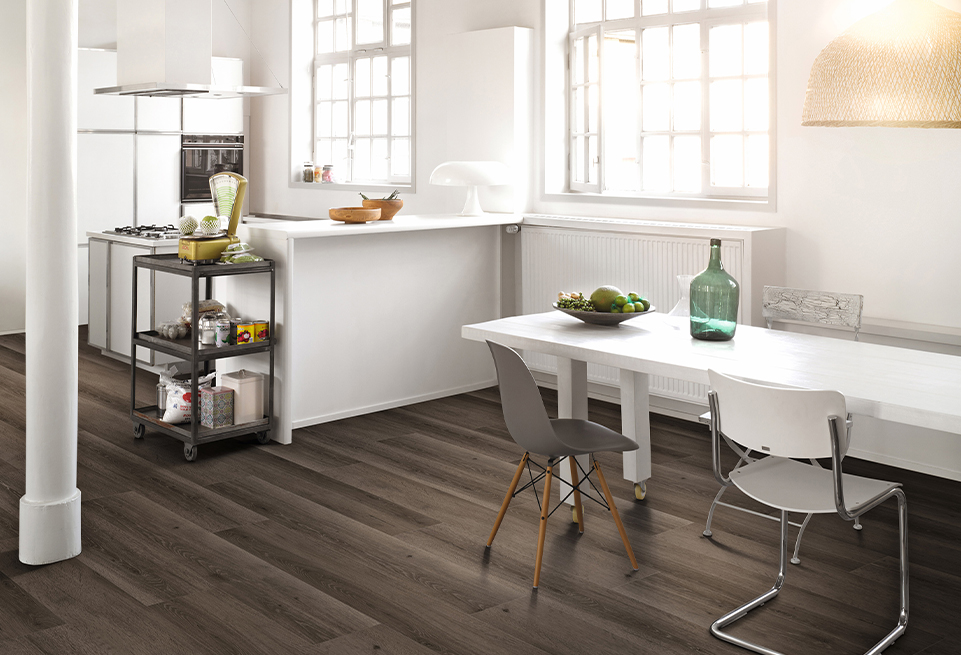Commercial Floor Tile Types - Durable & Stylish Solutions for Your Business
Types of Commercial Floor Tiles
When it comes to commercial spaces, selecting the right flooring is critical. Floor tiles are not only functional but also contribute significantly to the aesthetic appeal of a business environment. With a plethora of options available, it’s essential to understand the different types of commercial floor tiles, their benefits, and the suitable applications for each.
1. Ceramic Tiles
Ceramic tiles are one of the most popular choices for commercial flooring. Made from natural clay and other materials, they are fired at high temperatures, resulting in a durable and water-resistant surface. Ceramic tiles come in a variety of colors, patterns, and sizes, making them adaptable to various design aesthetics. They are particularly well-suited for high-traffic areas such as restaurants and retail stores due to their ease of maintenance and resistance to stains. However, they can be slippery when wet, so proper treatment or selection of textured options is advisable.
Porcelain tiles are similar to ceramic but are denser and less porous, making them even more resistant to moisture, stains, and wear. This type of tile is ideal for commercial spaces exposed to heavy foot traffic. Porcelain tiles can mimic the look of natural stone or wood, offering versatility in design without compromising on durability. Their strength and low water absorption make them suitable for both indoor and outdoor applications, including patios and entryways.
3. Vinyl Tiles
commercial floor tile types

Vinyl tiles are a flexible and cost-effective flooring solution for commercial environments. They come in various designs, colors, and textures, allowing businesses to create a unique look without the high costs associated with natural materials. Vinyl tiles are waterproof and easy to clean, which makes them an excellent choice for healthcare facilities, schools, and offices. Additionally, they provide sound insulation, creating a quieter environment in busy settings.
4. Carpet Tiles
Carpet tiles bring warmth and comfort to commercial spaces while also offering excellent aesthetic flexibility. They are available in numerous colors and patterns, enabling businesses to create distinctive designs. Carpet tiles are easy to install, making them a popular choice for offices and conference rooms. Another advantage is that they can be easily replaced if damaged, minimizing disruption. However, they may require more maintenance compared to hard surface options, as they are susceptible to stains and dirt.
5. Stone Tiles
Natural stone tiles, such as granite, marble, or slate, add a touch of luxury to commercial spaces. Each stone tile is unique, providing a distinctive look that can elevate the overall ambiance of a workplace. Stone tiles are known for their durability and resistance to wear, making them suitable for high-traffic areas. However, they may require sealing to protect against stains and moisture, and their installation can be more labor-intensive compared to other types of tiles.
Conclusion
Choosing the right commercial floor tile involves considering factors such as durability, maintenance, aesthetics, and cost. Each type of tile has its unique properties that cater to various commercial needs. Whether you're looking for the elegance of stone, the practicality of vinyl, or the versatility of ceramic, understanding these options will facilitate a more informed decision, ensuring that your flooring aligns with both functional requirements and design aspirations. Investing in the right commercial floor tiles not only enhances the visibility of your business but also contributes to a safer and more inviting environment for employees and customers alike.
-
modern-interior-solutions-with-durable-pvc-material-skirtingAug.22,2025
-
elevating-outdoor-spaces-with-premium-wood-material-skirtingAug.22,2025
-
Waterproof Advantages of SPC Flooring Vinyl in KitchensAug.06,2025
-
SPC Hybrid Waterproof Flooring Thickness GuideAug.06,2025
-
Leveling Subfloor Before My Floor SPC InstallAug.06,2025
-
How Mesh Deck Skirting Improves Outdoor Pest ControlAug.06,2025




